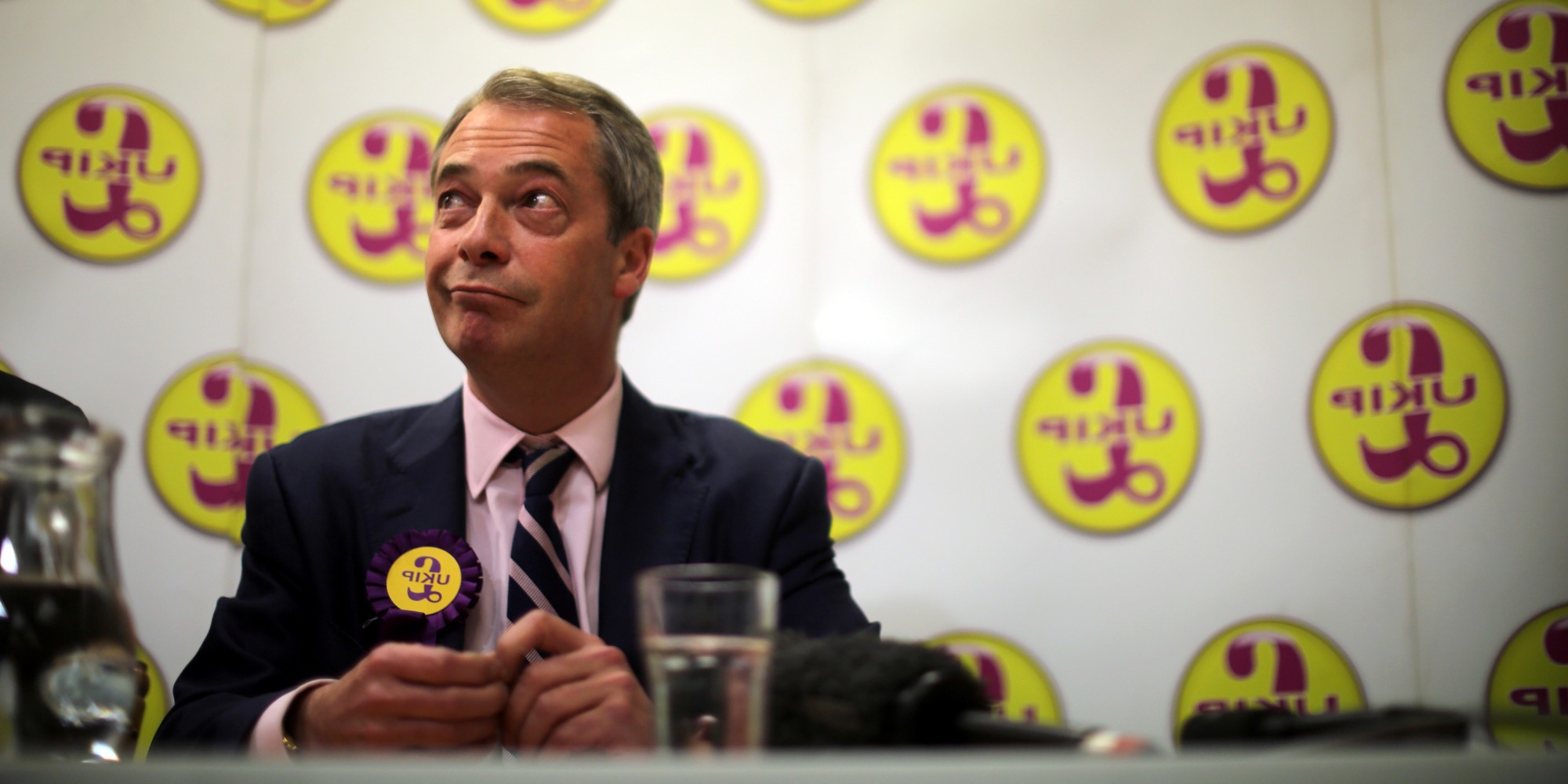Pandering to UKIP won’t inspire Tory voters
written for The Telegraph, 27 February 2014

Yesterday’s Guardian carried a warning to the Conservative Party by David Skelton, Director of Renewal, that any pact with Ukip would bring disaster. Actually, it’s unlikely to be a disaster because it’s unlikely to happen: there’s no evidence that Ukip itself has any incentive to accept a pact. Whenever I listen to my friends in the Country Before Party campaign (aggrandising, like most political slogans – shouldn’t all great political parties have the best interests of their country at heart?) I’m always struck by how sure they seem that Ukip’s chief goal should be to win Labour seats in the North. Before the Wye and Sale East by-election, Ukip’s friends in the Tory Party assured me that they could take the seat: as Dan Hodges noted at the time, Ukip’s failure not only to win but even to secure 20 per cent of the vote should have put paid to any hope of Ukip winning in Labour heartlands. If it hadn’t been for the devastation caused by the floods in the same week, this political flop would have dominated the news.
The Country Before Party campaign relies on the principle that Ukip will divert serious resources to Labour-held seats in May 2015. Accordingly, so goes the claim, Tories should stand down in those target seats, in return for Ukip candidates withdrawing in Tory marginals. Or if the party leaders don’t play ball, the campaign’s website promises a vote-swapping facility, allowing individual voters to enact a pact for them. (I’m sure everyone involved will have read Section 113 of the Representation of the People Act very carefully – the advocacy of tactical voting isn’t illegal, but trading in individual votes looks pretty close to the line to me.) But if Ukip has little to gain from Tory voters supporting it in Labour heartlands, why should it trade its voters in the South?
Ukip’s real power, after all, lies in its ability to hold the Tories to ransom. Farage, as Damian wrote recently, is a pragmatic man, but there are plenty of Ukip voters who’d rather see David Cameron destroyed than win a single seat. Others hope to scare the Tories into adopting Ukip’s rhetoric on feminism, gay rights and immigration to win them back. Farage now holds more power over the Tories, without a single seat, than if he was gifted ten Commons seats but stood down his candidates across the south coast, each one currently a spoiler aimed squarely at a Tory MP. What incentive is there for him to do so?
Appeasement of Ukip voters still looks far more likely than a formal pact. And it is against this that Tory modernisers, like Skelton, must continue to warn the party. At Christmas, the Director of my own Bright Blue group, Ryan Shorthouse, made a similar point: the result was splashed across the Guardian as if a sign of a Tory rift. But reassuring the party not to cut deals with its enemy comes from a place of loyalty, not dissent. The Tory policies against which Ukip rallies its supporters – gay marriage being the most obvious – are some of its greatest achievements. A Ukip-lite manifesto of prejudice will not win over young, modern voters: the Conservatives are already onto winners with their economics of aspiration, like the reduction in income tax, and support for the family, such as with vouchers for childcare. And yes, if the Tory party had not been in government for the last four years, gay people in this country would not be allowed the protection and commitment of marriage: that is a fact that makes many in Ukip froth at the mouth, and that Conservatives should celebrate. It is not enough for modernisers like Skelton and Shorthouse to warn the party against a formal pact with Ukip: they must also warn it against absorbing Ukip into the party by the back door. And they must continue to do so in the language of optimism and support. Encouraging a party to celebrate its own policies is the most loyal support an activist can give.




